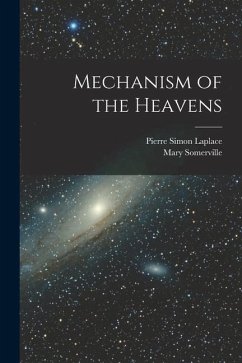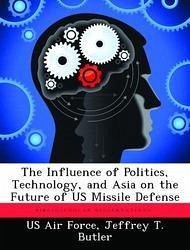Nicht lieferbar

Securing the Heavens
A Perspective on Space Control
Versandkostenfrei!
Nicht lieferbar
This study analyzes various ways in which the United States might best gain and maintain control of outer space. Ultimately, a strategic framework is proposed that offers improved awareness regarding the constraints, strengths, weaknesses, synergies and implications of candidate space control strategies. It accomplishes this by reviewing the milestone events associated with the last forty-plus years of space control history, assessing current trends and their inherent dilemmas, as well as cataloging the various means or methods of achieving space control. With these insights, a strategic frame...
This study analyzes various ways in which the United States might best gain and maintain control of outer space. Ultimately, a strategic framework is proposed that offers improved awareness regarding the constraints, strengths, weaknesses, synergies and implications of candidate space control strategies. It accomplishes this by reviewing the milestone events associated with the last forty-plus years of space control history, assessing current trends and their inherent dilemmas, as well as cataloging the various means or methods of achieving space control. With these insights, a strategic framework is described that allows the strategist to better develop space control strategies at any level-strategic, operational or tactical. The topic is timely given the nation's mandate to the US military to guarantee the ability to gain and maintain control of space in order to better shape the strategic environment and respond to any form of conflict. This mandate is especially challenging since the task-holding the "high ground" of space-must be accomplished without the benefit of weapons operating in the contested medium-space. Clearly, this is counter to the traditional manner by which militaries typically prepare, deploy and employ force to achieve superiority in a given medium of war. Given this dichotomy-the recognized importance of space in the current strategic environment with the limitations of a non-weaponized medium-the study is clearly relevant to the ongoing space control debate.















